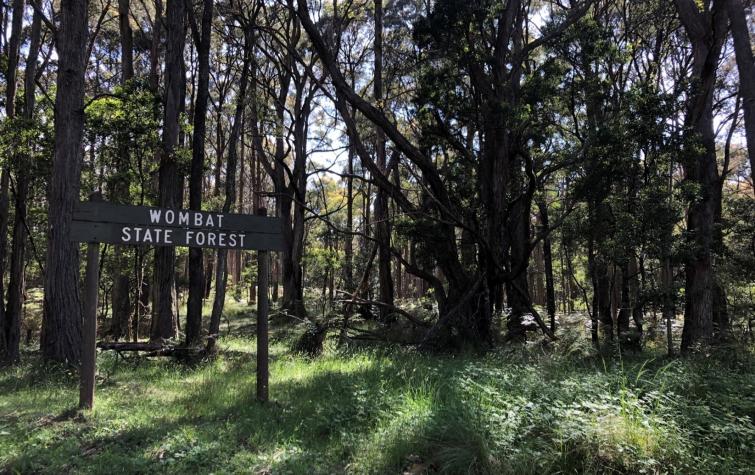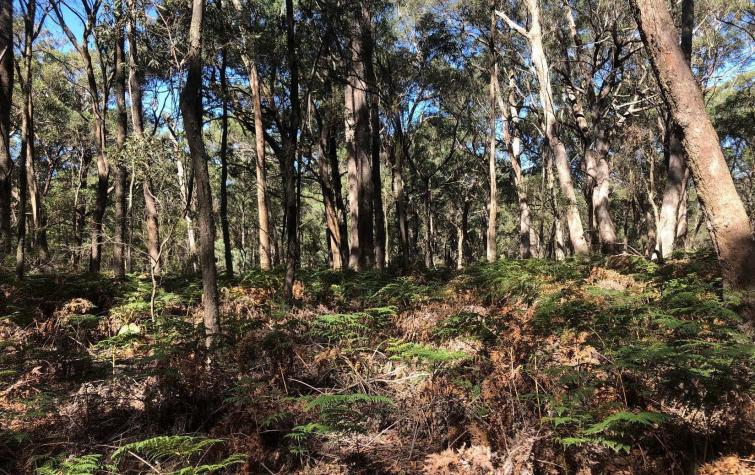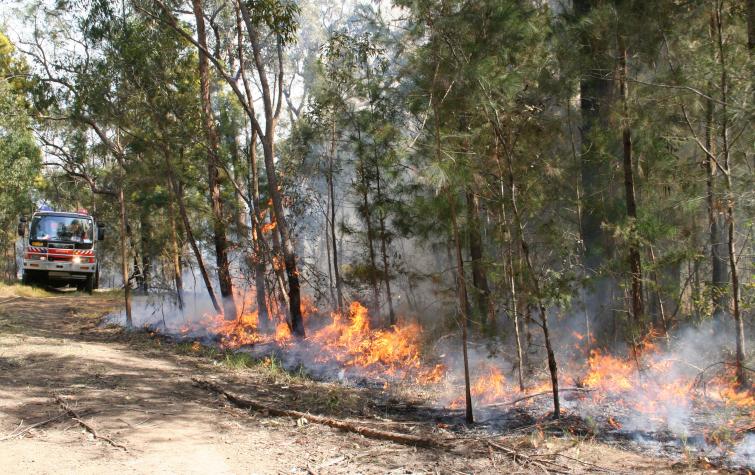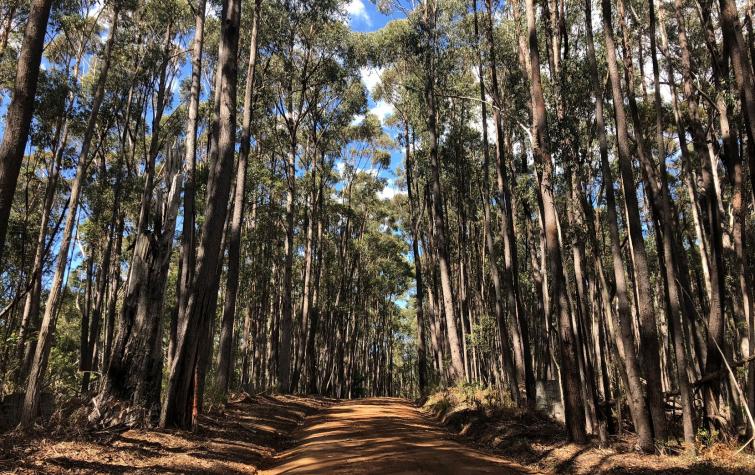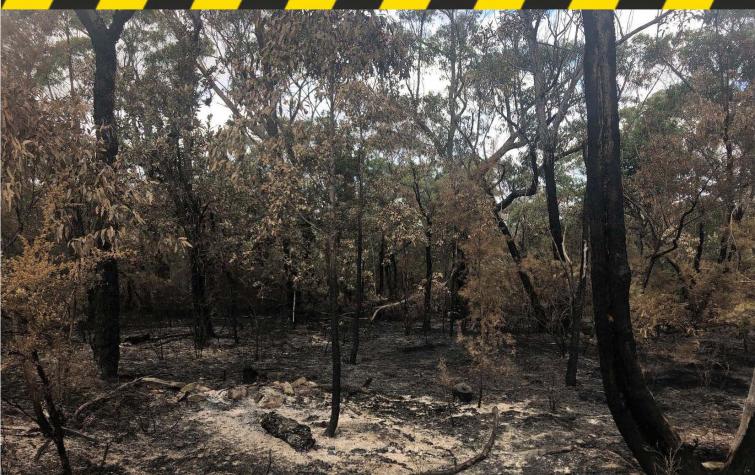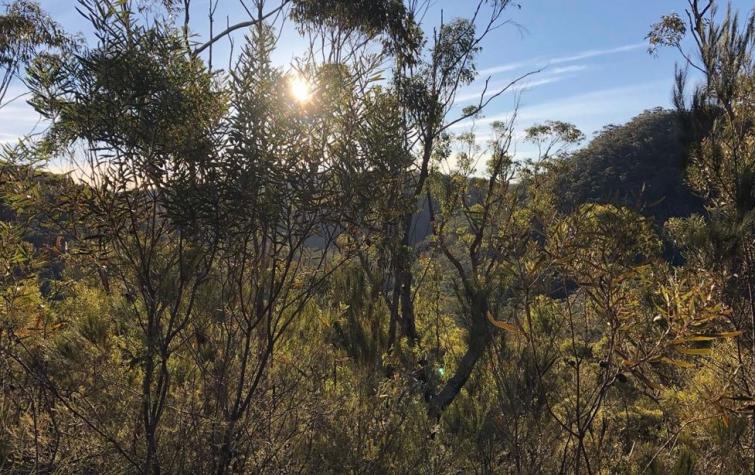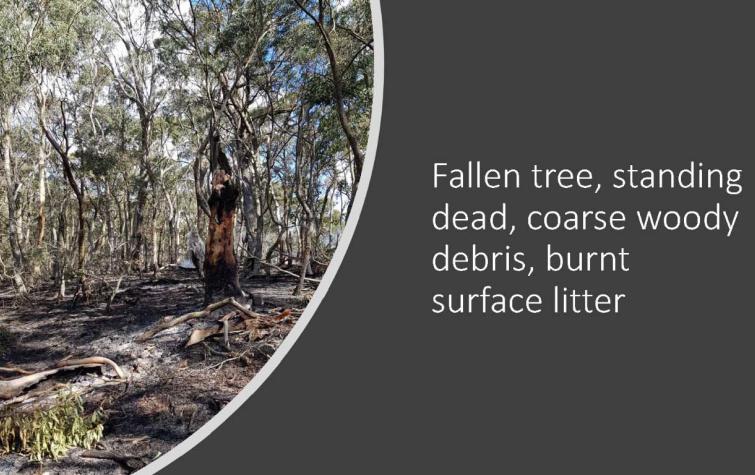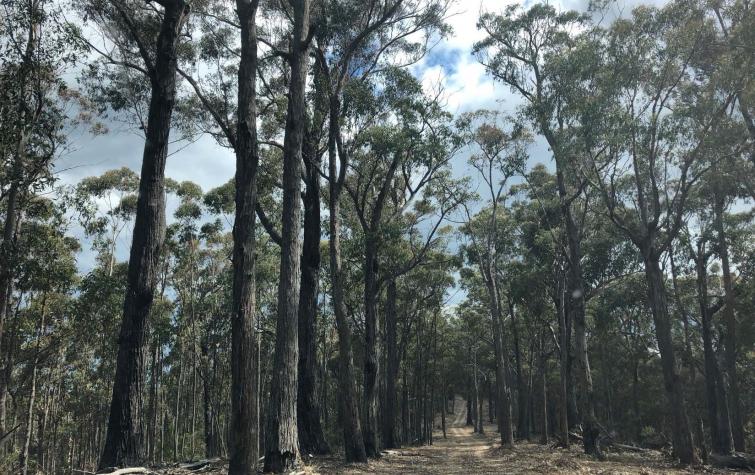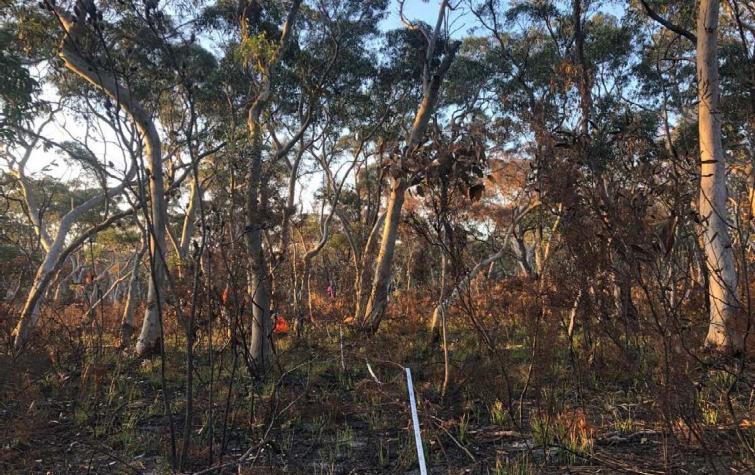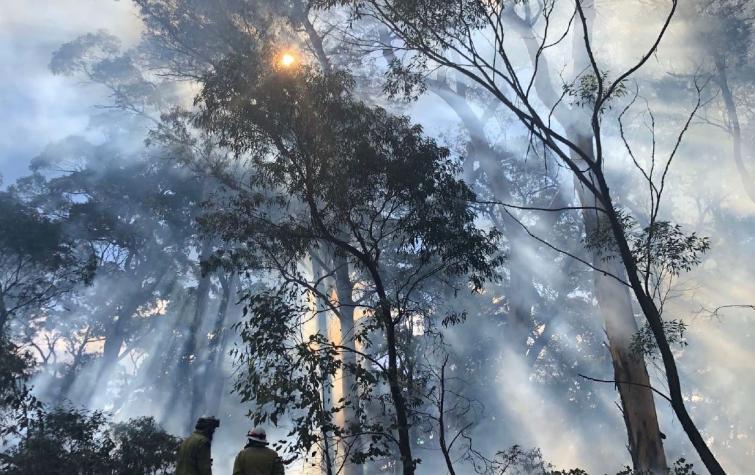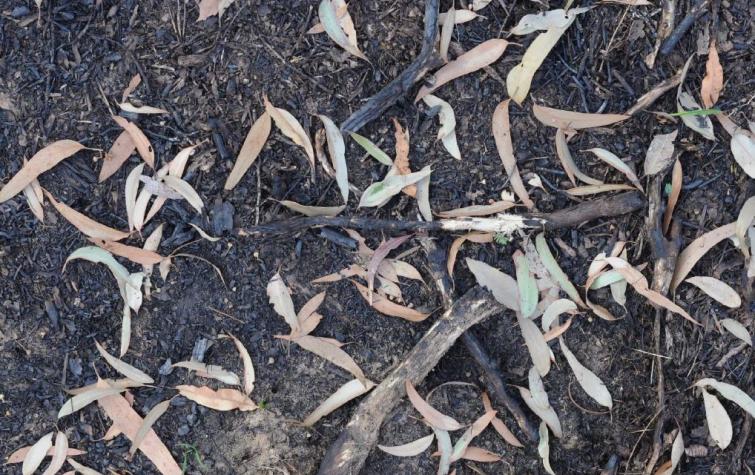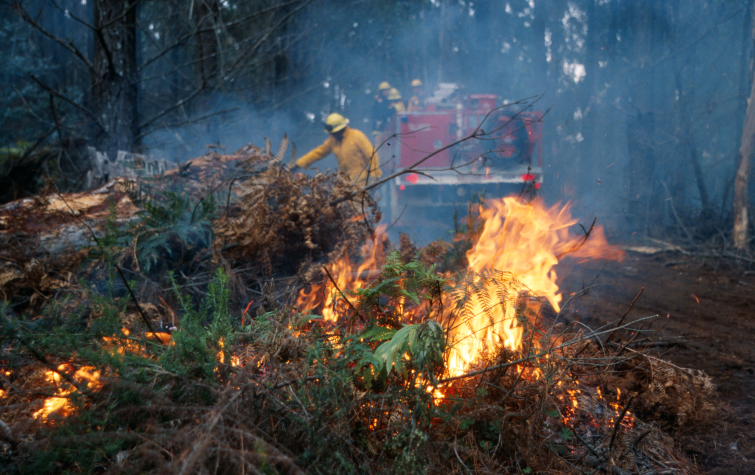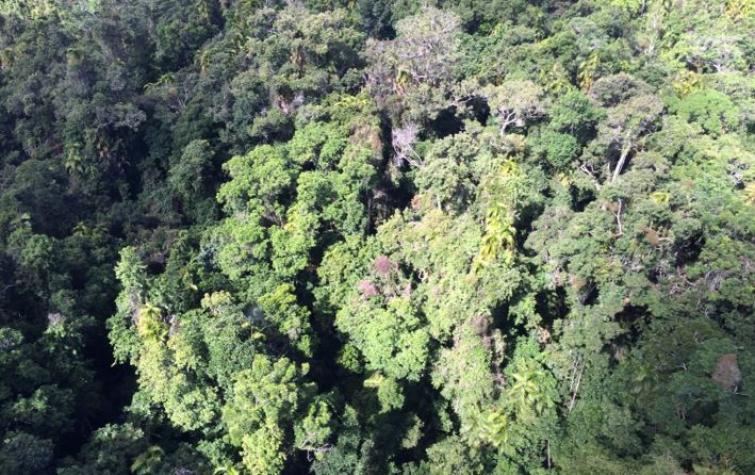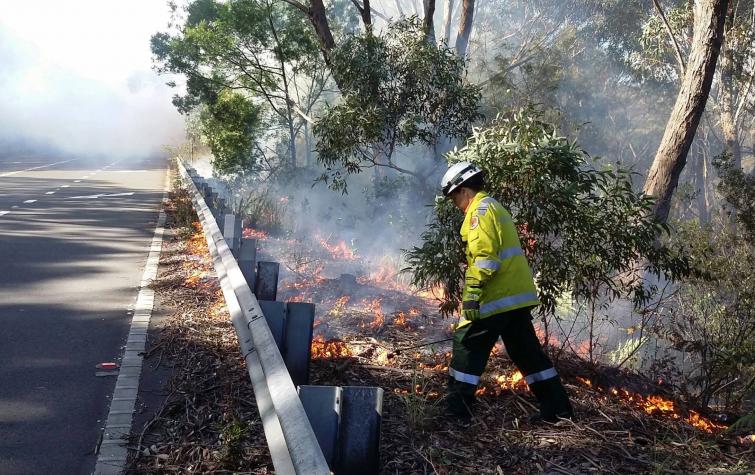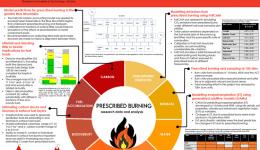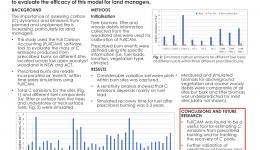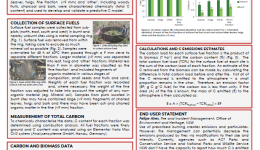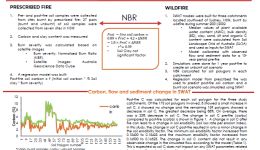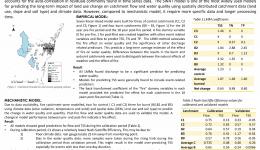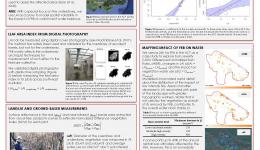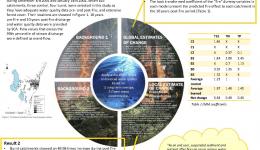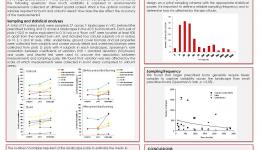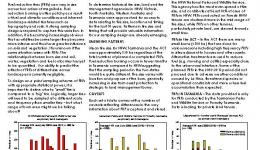Dr Tina Bell joined the Faculty of Agriculture and Environment as Senior Lecturer in Fire Ecology in March 2010. Prior to this appointment she worked in Victoria in the areas of fire ecology and plant physiology, firstly as a researcher with the Victorian Department of Environment and Sustainability and then as Senior Research Fellow in the School of Forest and Ecosystem Science at the University of Melbourne.
As an undergraduate she studied botany and zoology at the University of Western Australia. Her research career began with a PhD investigating the fire response and mycorrhizal associations of Australian heaths (Ericaceae). During postdoctoral studies at the University of Cape Town in South Africa, her research broadened to encompass the fire response of African heaths (Ericaceae) and nutrient acquisition of rushes (Restionaceae) and grasses (Poaceae). On her return to Western Australia she continued her postdoctoral studies by investigating mycorrhizal associations in pine plantations and nutrient exchange in parasitic plants.
Tina is a Project Leader in the Bushfire and Natural Hazards CRC and was involved in the preceding Bushfire CRC. Current bushfire research being done by the Fire group explores the effect of fire size on carbon, water and vegetation structure and composition. Work is also continuing on quantifying the amount and type of emissions in smoke from bushfires and the production and consumption of pyrogenic carbon after prescribed fire.
Tina also contributes to other research groups that have attracted competitive funding in areas as diverse as increasing the productivity of cultivated button mushrooms and the control of Salmonella in chicken manure in small-scale farming systems. Tina currently supervises six postgraduate students and has had 11 students successfully complete their postgraduate studies. She has supervised over a dozen Honours and 4th year undergraduate research projects.
The highlight of Tina’s research career so far was the award of an American-Australian Fulbright Professional Scholarship in 2009. Her project explored changes to and recovery of key physiological processes of grapevines exposed to smoke through physiological measures under controlled laboratory conditions. She undertook this research at the University of California, Berkeley in late 2009 and she recently had a PhD student complete a study in this area of research. She was also awarded a travel scholarship in 2012 by the Gottstein Foundation. This award allowed her to travel to the west coast of the US to gather information about tertiary-level fire education to compare to what is on offer in Australia.
Blog posts on Views & Visions
| Post | Date | Key Topics |
|---|---|---|
| Next generation education | 07 May 2015 | communication, education, fire severity |



